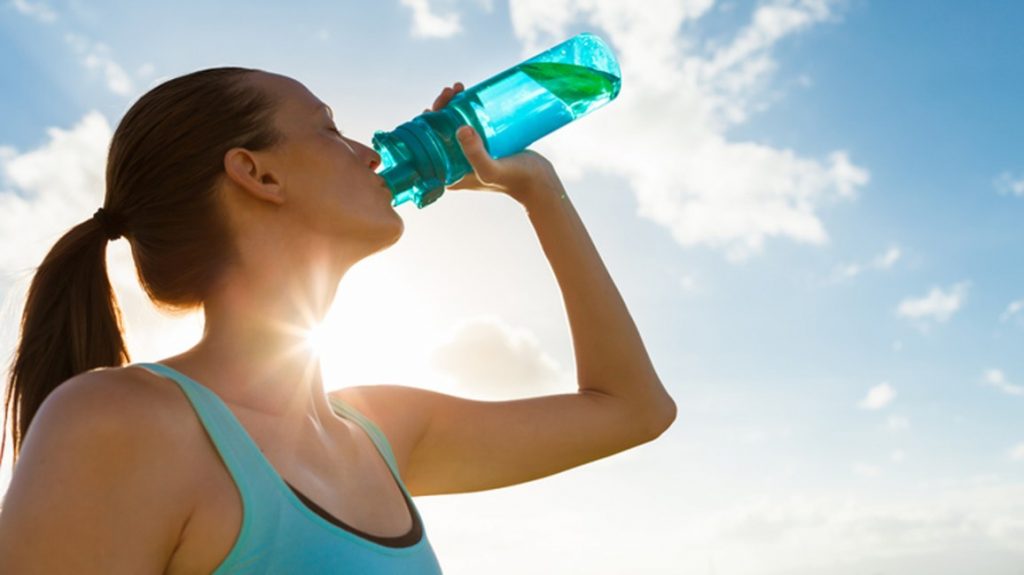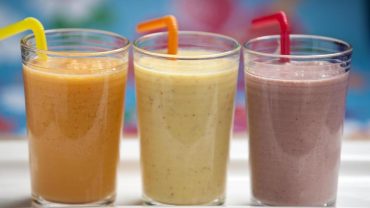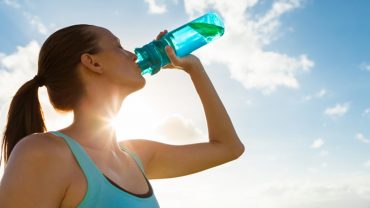If you are observant, you must have noticed, the amount of water you drink is different from what the people around you take. Possibly, at one point, you committed to a daily intake of eight glasses of water; that complies with the famous 8 -glasses daily water intake rule. But you are still, perturbed.

Our bodies’ composition is 60% water, thus, the common saying, water is life. The longest a person can stay without water is approximately one week. In that one week; food consumption is assumed to be nil. The reason, most foods we eat provide us with a good percentage of daily water requirements. Other sources of water supplies are from juicy fruits, like watermelon, cucumber, tomatoes, oranges, passion fruits, etc. So, if the requirement is eight glasses, part of supply is from the food fluids, beverages and fruits.
Different Factors Determine Water Intake
Practically, there cannot be a fixed amount of water that you can take. Water intake requirements vary based on; the environment we are exposed to; dehydration rate is higher in warm areas than colder areas.
Our daily activities are also determinants of the amount of the water we consume. Athletes and sportsmen undergo high-intensity exercises. During sporting events, you can notice ample amounts of bottled water. If you work in an office, your water needs will definitely be lower.
If you are sick or under home nursing care, with symptoms of fever, vomiting or diarrhea; your body instantly needs more than your regular intake of water.
It is recommended that pregnant women drink at least 2.4 liters of water daily while breastfeeding mothers are expected to take 3 liters of water daily.
Therefore, always consider carrying a water bottle wherever you go. There are some really cool stainless steel and insulated water bottles available in the market these days. You get all different sizes and colors to choose from.
Why is Water Vital?
Water is the fuel of the human body. The body needs water for excretion, i.e., removal of toxic body waste through sweating, urination, and defecation. For optimum body performance, you need enough water to stay fresh and focused. Dehydration can lead to persistent headaches, inability to endure demanding work, and seizures.
If you want to reduce weight, you can take a glass or two before meals. You will feel full and less susceptible to overeating.
Water is also vital for normal brain functioning and helps in the regulation of body temperatures. A right skin tone is also a result of proper hydration.
While water is critical, moderation is vital. Overhydration occurs when the amount of water in the body are high, and kidneys cannot properly filter them out. It leads to over dilution of sodium and electrolytes which are vital for maintaining blood pressure in the body.
Studies on Water Consumption
A report on water consumption from the Institute of Medicine quashed the eight glasses daily water rule. As per the report, water intake varies in people based on age, gender, environmental factors and activities.
According to the report, men are supposed to take 3.3 liters of water and women 2.3 liters of water daily. Boys and girls between ages 9-14 recommended levels were 2.3 liters and 2.1 liters respectively. The study only covered individuals in a moderate climate and under moderate activities.
Final Thought
There is no clear guide on the ideal amounts of water intake. Understanding oneself water requirements is essential. If you live in moderate environments, you can use the IOM guideline, and the quantity of water you plan to take has to take into consideration the types of foods and fluids you are going to take. An easy way to track your hydration levels is through checking your urine colour. Darker urine signals dehydration and vice-versa. Also, regular thirsty is a sign of dehydration.











